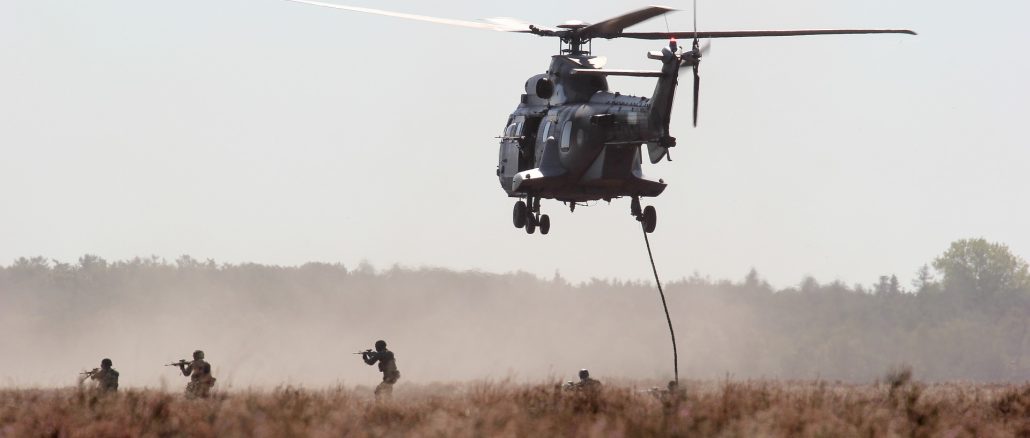
“The Handmaid’s Tale” is a feminist dystopian novel written by Margaret Attwood, in which a totalitarian regime called Gilead is formed where women are under constant control as a result of a fertility crisis. The women must obey their commanders and follow all of the rules regarding the strict regime. If not, they could suffer death. As I read and watched the recently made series, I couldn’t help but notice the similarities in the circumstances between Gilead and the country of Afghanistan.
If you’re like me and have read/watched ‘The Handmaid’s Tale’, I imagine you’ll be in disbelief at such a statement. How could we possibly be going back in time, rather than progressing for a better future. How could the circumstances in this book become a reality? I couldn’t believe it while watching the events in an episode become real life for the women of Afghanistan.
Can you imagine not being allowed to receive an education or be in a workplace, or even express your own opinion. It seems to be a recurring problem in history, the control over women and their bodies, as if they’re some sort of dangerous weapon.
According to the latest Taliban restrictions in Kabul, Afghanistan, women are no longer allowed to: attend secondary school or university, run a business, leave the house without a male guardian, be treated by a male doctor, go to the gym, park, play a sport or take part in politics or public speaking.
As well as that, female mannequins’ faces must be covered by plastic bags or tinfoil. At first it was ordered that the female mannequins were to have the heads removed but the Taliban amended the rule, so merchants could display the clothes properly.
Are you now noticing the scarily similar events between the two?
Educated women are terrifying to these men, considering intelligence means power. Similarly in both cases the only way to ‘control’ it – is to prohibit it. Following these restrictions, a professor named Manizha Ramizy, spoke on the topic saying the Taliban are now “killing the future” of her students. They had the hope that “they would graduate soon and realise their potential, it’s all gone now.”
The basic right of education is one of the many things stripped off of these women. Women are only necessary for the production of children, or as Attwood put it to “fulfil their biological destiny.”
Like the Handmaids, they must cover themselves up in a full body covering. The Taliban describe this dress code as ‘advice,’ a head-scarf and veil must be worn at all times in public. I find it heartbreaking seeing photographs comparing Afghan women before and after the Taliban. They are now faceless and voiceless. Their male guardian is their voice. They are being beaten for speaking and talking in public.
Attwood spoke on her “extreme worry” for the future on ABC News, especially since the beginning of the war in Ukraine. She said, “we are seeing in various countries across the world, the return of pretty repressive policies towards women.”
I feel helpless watching the news on the worsening conditions for women in Afghanistan. I empathise deeply with these women and hope that one day they will be seen as equal to men.
In the words of Margaret Attwood herself, “nolite te bastardes carborundorum. Don’t let the bastards grind you down.”
By Ruby McManus
